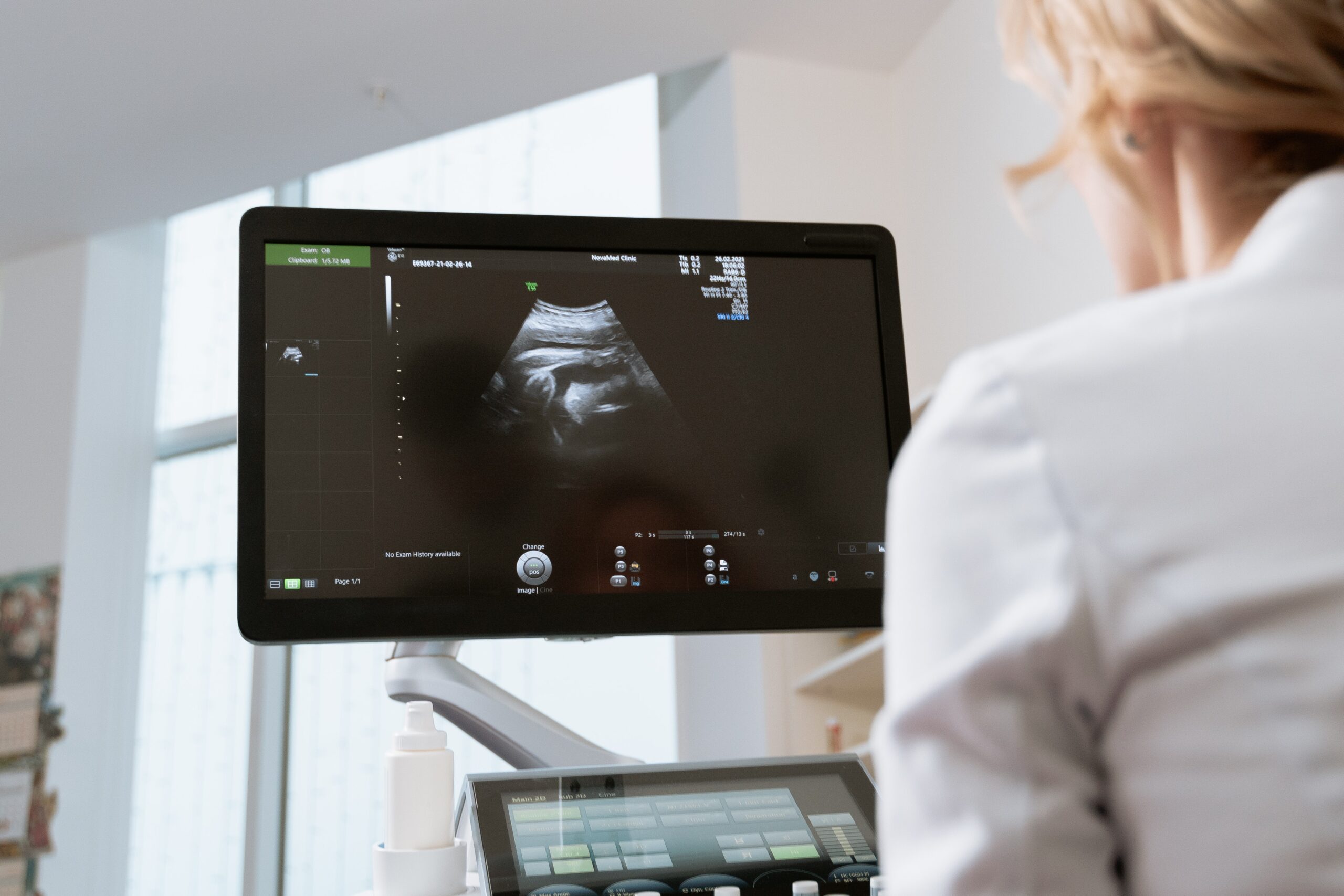Pregnancy is one of the most exciting times in a woman’s life, but it can also be one of the most nerve-wracking. After all, many medical check-ups need to occur for nine months. And while some of these check-ups are no more than a quick appointment with your local general practitioner, others are a little more complex chiefly because they involve an expert in gynecological matters: your obstetrician and gynecologist (OBGYN). They deal primarily with female anatomy and related issues such as childbirth, and pregnancy complications.
1. Prenatal Care
Prenatal care is the lynchpin of the OBGYN’s practice. This includes monitoring the mother’s health to ensure she stays free of any infections or diseases that may risk the baby’s development. It also involves regular ultrasounds, blood tests, and doctor’s visits. This is why it is crucial for you to do a google search for an “obgyn near me” to find professionals to take assist you in prenatal care. It is important to note that not all OBGYNs are the same. Some specialize in certain areas of obstetrics and gynecology while some specialize in other areas.
2. Confirm Pregnancy
One of the first things an OBGYN will do is to confirm whether or not a woman is pregnant. This is usually done with a quick blood test and if the test comes back positive, the woman is informed. However, if not, the OBGYN may recommend further testing to determine the cause.
3. Check Baby’s Development
The OBGYN will perform regular ultrasounds to monitor the baby’s development. While most of these are done at a doctor’s office, some OBGYNs offer at-home ultrasounds. Some women find it more convenient to do this at home, provided the machine is high-quality.
4. Check for Any Potential Risks
At this initial visit, your OBGYN will likely do a physical exam of your reproductive system, checking to ensure you don’t have any potential risks with this pregnancy. Depending on your situation, they may also perform blood tests and ultrasounds. If you’ve experienced previous pregnancies, your OBGYN will likely perform a Pap smear and other STD tests. If you’re not pregnant, your OBGYN will also do a Pap smear to test for and treat abnormal cell growth in your cervix. This may also include treatment for any sexually transmitted diseases (STDs) you may have. If you have been diagnosed with an STD, you should abstain from sexual activity until all symptoms have cleared up and you and your partner(s) have been treated.
5. Screen for Birth Defects
An important part of prenatal care is screening for congenital disabilities. In the first trimester, most OBGYNs recommend that their patients undergo a series of tests to screen for different genetic disorders that may pose a risk to the developing fetus. In the later trimesters, other types of tests are also administered.
6. Find Out if You Have Gestational Diabetes
Throughout your pregnancy, your OBGYN will conduct a few tests to determine if you have Gestational Diabetes. If you’ve been diagnosed with GD, they will likely recommend that you follow a specific diet during pregnancy.
7. Month-by-Month Checks
As the pregnancy progresses, the OBGYN will regularly perform various checks to track the baby’s development and the mother’s health. These include blood pressure and heartbeat measurements, blood glucose tests, and weight gain checks.
8. Determining Birthing Options
One of the most important and uncomfortable pieces of prenatal care is determining the birthing options available to you and your partner. Some women may want to choose a traditional hospital birth, whereas others may prefer a more home-like setting. It is important to discuss your birthing options with your OBGYN to make an informed decision.
9. Discuss Postpartum Care and Recovery
Many women are eager to return to their normal lives as soon as possible after giving birth. While this is certainly understandable, it is also important to be careful. After giving birth, many women need to rest and recover for a while before returning to work. Your OBGYN can advise you on the best course of action, but it is important to discuss this with them beforehand.
10. Helps Prepare You for Childbirth With Exercises and Classes
Most OBGYNs offer prenatal classes in the later months of pregnancy. These classes are beneficial for first-time parents and those who are worried about the process of childbirth. Some OBGYNs even offer classes for dads-to-be, making them more inclusive for all parents-to-be.
Conclusion
Pregnancy can be a wonderful experience, but it can also be demanding on both the body and the mind. Having an OBGYN to help monitor your health and provide you with the information and support you need during this time can be invaluable. Whether going with a midwife or an OBGYN, ask as many questions as possible and find one you feel comfortable with.

